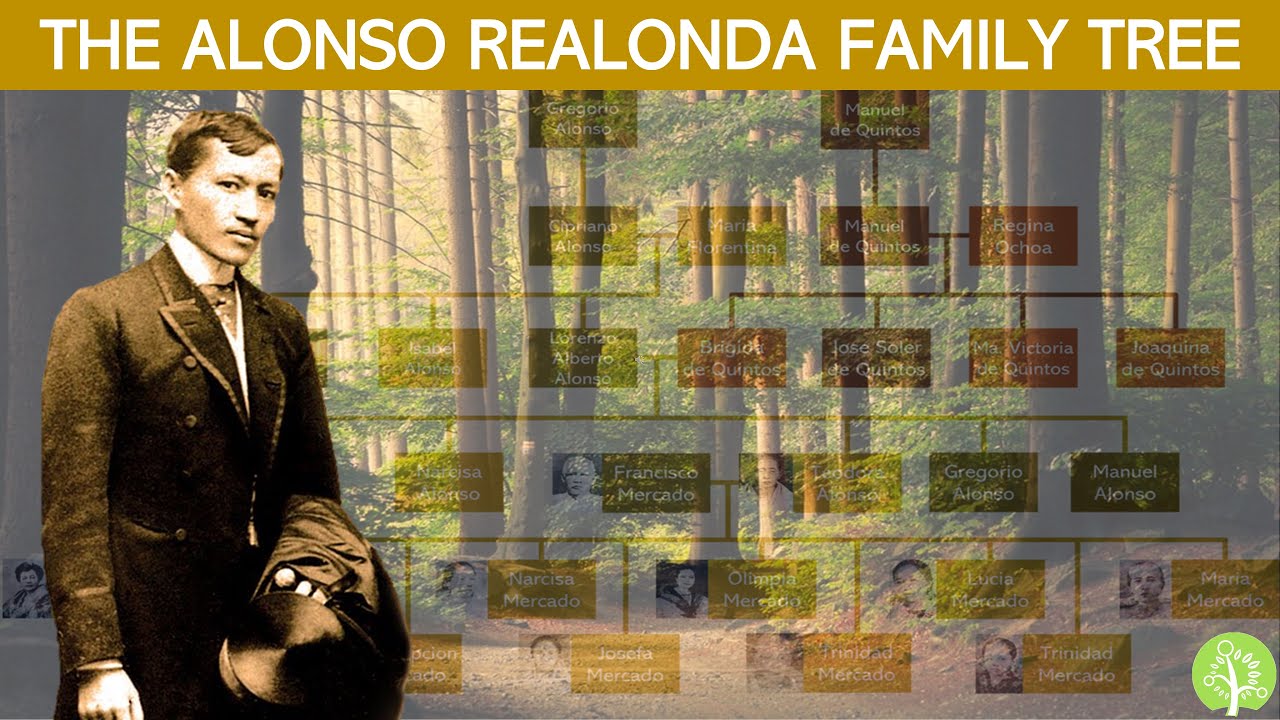Rizal's Annotation of Morga's Sucesos de Las Islas Filipinas
Summary
TLDRThe discussion explores José Rizal's annotations of Antonio de Morga's book, 'Sucesos de las Islas Filipinas,' highlighting Rizal's goal to reshape the historical narrative of the Philippines. Rizal admired Morga's work for its secular, objective viewpoint, and annotated it to correct historical distortions made by Spanish colonizers. He emphasized the pre-colonial achievements of Filipinos and their advanced culture before the Spanish conquest. The discussion also touches on Ferdinand Blumentritt's contributions and critiques, ultimately stressing the importance of understanding history to shape the nation's future.
Takeaways
- 📖 Annotation is a note of explanation or comment added to a text or diagram, similar to reaction videos on YouTube.
- 📚 'Las Islas Filipinas' means 'The Philippine Islands' and was named in honor of King Philip II of Spain.
- 🧐 'Sucesos de las Islas Filipinas' refers to the work of an honest observer, Antonio de Morga, a Spanish bureaucrat who detailed the political, social, and economic aspects of colonization.
- 📕 Jose Rizal annotated de Morga's work to reconstruct and present the pre-Hispanic Philippines to his countrymen.
- 🤝 Rizal chose de Morga's work because it was more objective, secular, and sympathetic compared to religious accounts, providing a more trustworthy perspective.
- 🖋️ Rizal hand-copied and annotated all 351 pages of the book during his time at the British Museum in London.
- 🇵🇭 Rizal's annotations aimed to correct historical distortions, awaken Filipino consciousness, and show that Filipinos had an advanced culture before Spanish colonization.
- ✍️ The book was the first historical work on the Philippines from the perspective of a Filipino, emphasizing the colonized viewpoint.
- 👨🏫 Rizal's friend, Ferdinand Blumentritt, wrote the prologue, praising Rizal's scholarly work but also critiquing his anti-clerical stance.
- 🌍 Rizal believed that understanding a nation's past is essential for shaping its future, encapsulated by his quote: 'Respect the past to build the future.'
Q & A
What is the main objective of the discussion in the transcript?
-The main objective of the discussion is to analyze José Rizal's ideas on how to rewrite Philippine history and to compare and contrast Rizal's views with those of Antonio de Morga regarding Filipinos and Philippine culture.
What does 'annotation' mean according to the transcript?
-Annotation is defined as a note of explanation or comment added to a text or diagram. In the context of this discussion, it refers to Rizal's commentary on Antonio de Morga's work.
What is the significance of the book 'Sucesos de las Islas Filipinas'?
-The book 'Sucesos de las Islas Filipinas' by Antonio de Morga explains the political, social, and economic aspects of the relationship between the colonizer (Spain) and the colonized (Philippines). It is based on Morga's experience as an eyewitness and bureaucrat in the Philippines.
Why did Rizal choose to annotate Morga’s work?
-Rizal chose to annotate Morga's work because Morga was a more objective and secular observer compared to religious chroniclers. Rizal also felt that Morga's work offered a more accurate depiction of pre-colonial Philippine society and culture, which Rizal believed had been distorted by Spanish colonization.
Who was Antonio de Morga and why is his work important?
-Antonio de Morga was a Spanish lawyer, government official, and historian during the 17th century. His work is important because it is one of the first secular accounts of the Spanish colonization of the Philippines and offers an eyewitness perspective on the events.
What was Rizal’s primary motivation for annotating Morga’s work?
-Rizal was motivated by his desire to know the true condition of the Philippines before Spanish colonization. He wanted to prove that pre-Hispanic Filipinos were civilized and advanced, and to correct the distorted narratives introduced by the Spanish.
What role did Rizal’s friendship with Ferdinand Blumentritt play in the annotation of Morga’s work?
-Rizal’s friendship with Ferdinand Blumentritt, a scholar and historian, inspired him to undertake the annotation. Blumentritt encouraged Rizal to explore the pre-colonial history of the Philippines, and he later wrote the prologue for Rizal’s annotated version of Morga’s work.
What were the two categories of Rizal’s annotations in 'Sucesos de las Islas Filipinas'?
-Rizal’s annotations fell into two categories: straightforward historical annotations, where he corrected or expanded on Morga’s text, and annotations reflecting his anti-clerical bias, criticizing the role of the Spanish religious missionaries in the colonization of the Philippines.
What was Rizal’s main critique of the Spanish religious chroniclers?
-Rizal critiqued the Spanish religious chroniclers for including miracle stories and biased accounts in their writings, which he believed distorted the true history of the Philippines.
How did Rizal view the pre-Hispanic Philippines, according to his annotations?
-Rizal believed that the pre-Hispanic Philippines was economically self-sufficient, prosperous, and culturally advanced before the arrival of the Spaniards. He argued that Spanish colonization led to the decline of Philippine culture and traditions.
Outlines

Этот раздел доступен только подписчикам платных тарифов. Пожалуйста, перейдите на платный тариф для доступа.
Перейти на платный тарифMindmap

Этот раздел доступен только подписчикам платных тарифов. Пожалуйста, перейдите на платный тариф для доступа.
Перейти на платный тарифKeywords

Этот раздел доступен только подписчикам платных тарифов. Пожалуйста, перейдите на платный тариф для доступа.
Перейти на платный тарифHighlights

Этот раздел доступен только подписчикам платных тарифов. Пожалуйста, перейдите на платный тариф для доступа.
Перейти на платный тарифTranscripts

Этот раздел доступен только подписчикам платных тарифов. Пожалуйста, перейдите на платный тариф для доступа.
Перейти на платный тарифПосмотреть больше похожих видео

Rizal's Annotation of Antonio de Morga's Sucesos de las Islas Filipinas

Rizal's Second Travel Abroad

NOLI ME TANGERE (A LECTURE ON THE LIFE AND WORKS OF JOSE RIZAL)

Jetsanity's History Lectures: Analysis of the Noli

Jose Rizal Series | Part 2: Alonso Realando Tree

Rizal's Education in UST | Life and Works of Rizal (Bites)
5.0 / 5 (0 votes)
